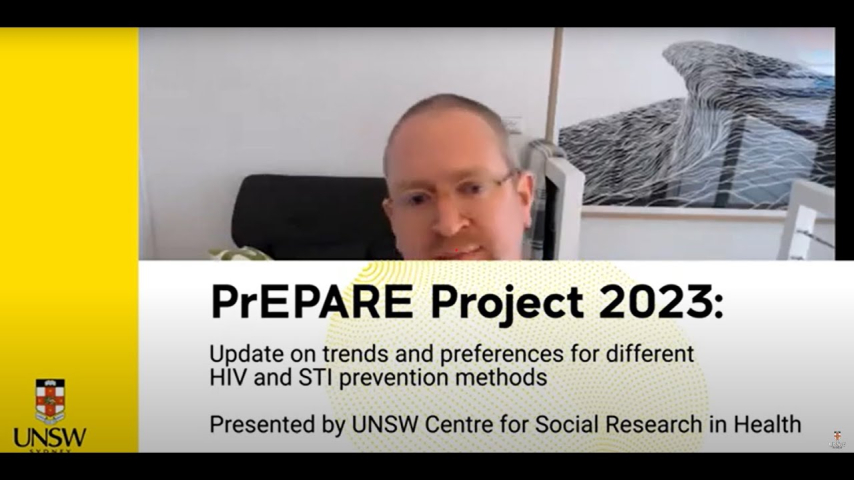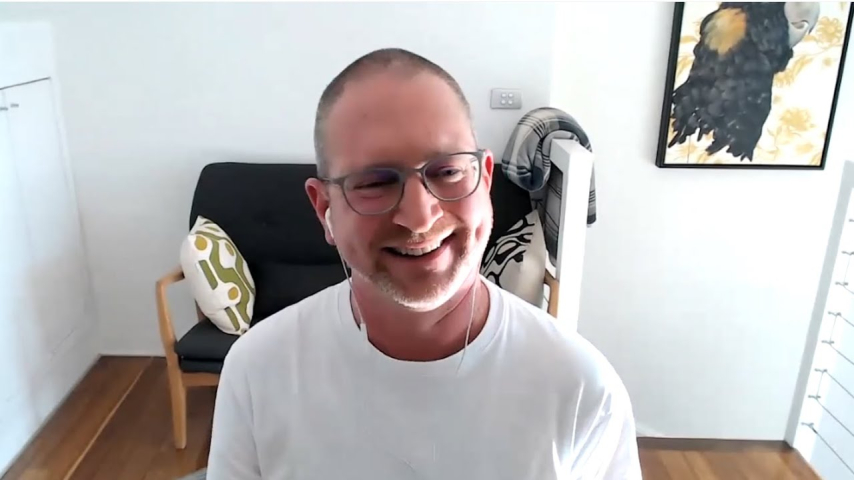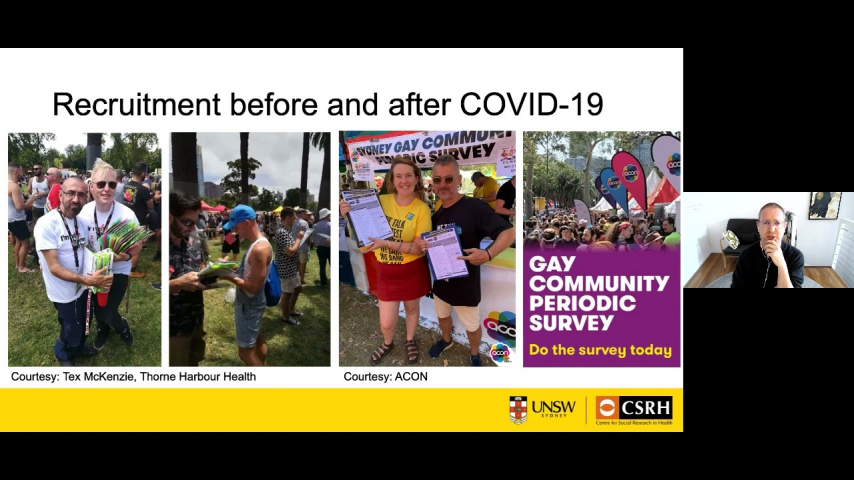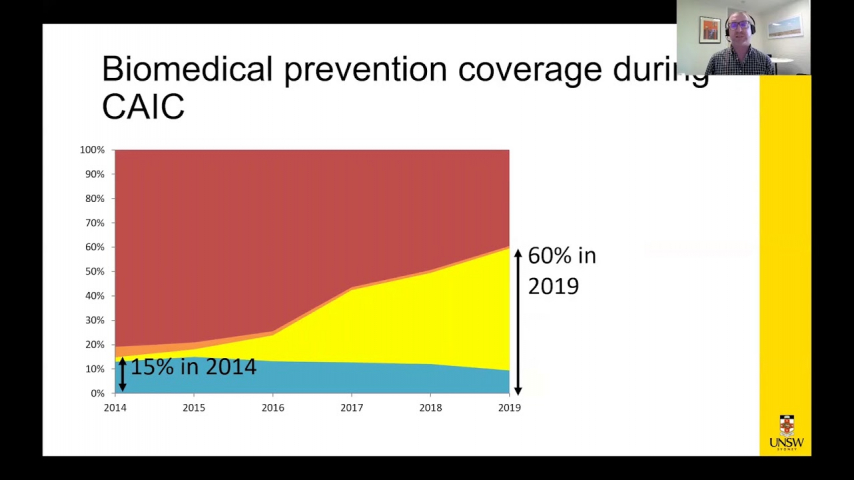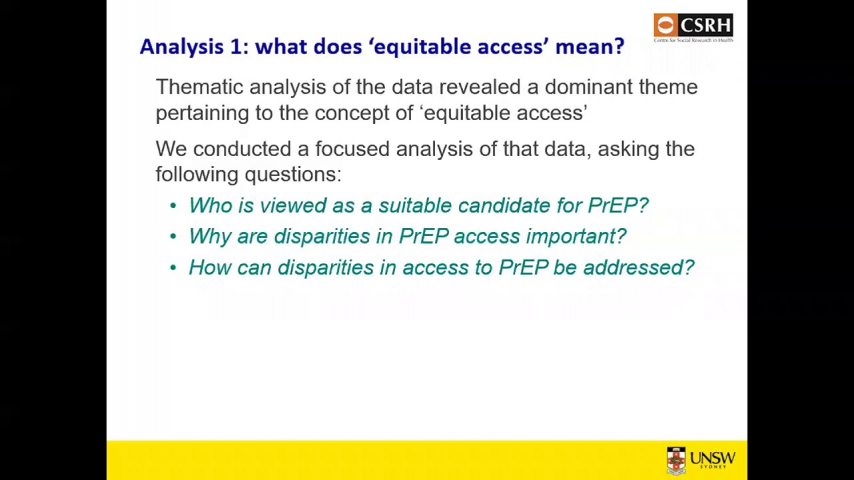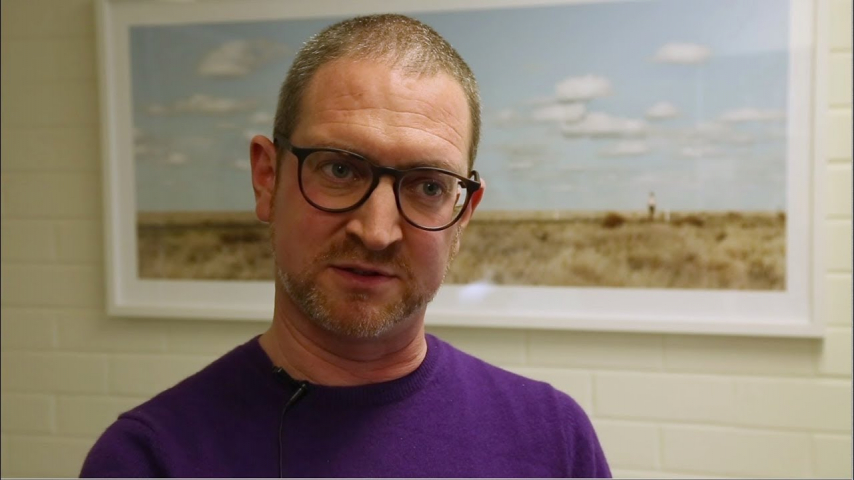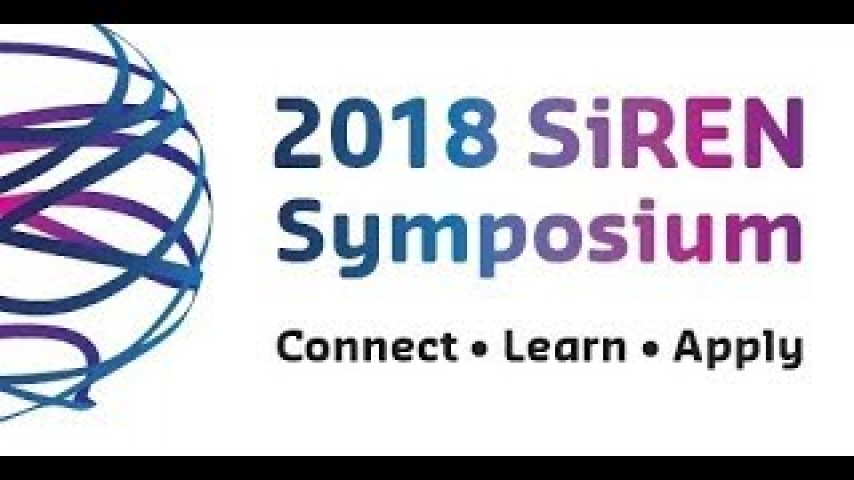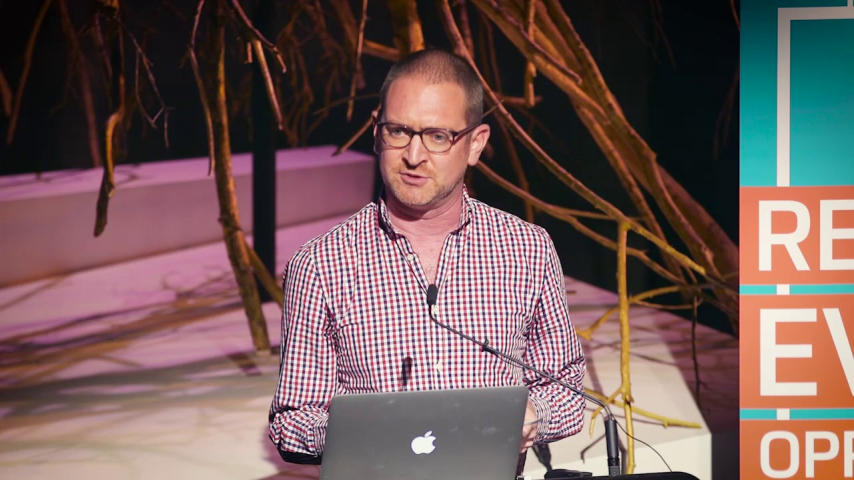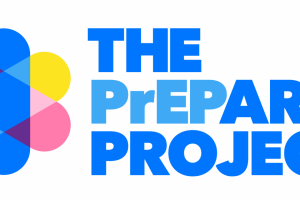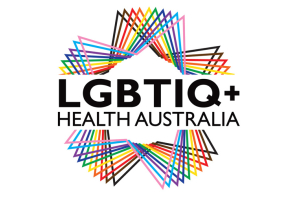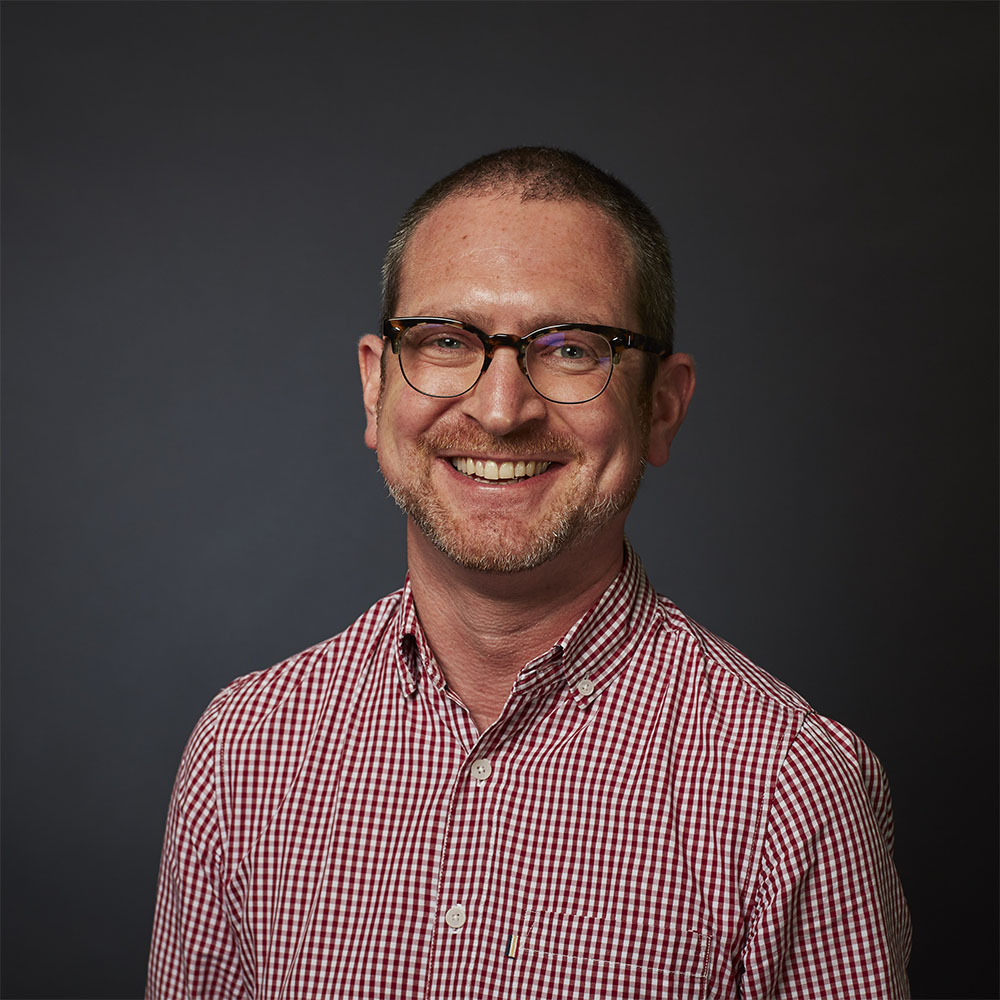
My Expertise
My expertise is in guiding, evaluating and improving HIV prevention, particularly with gay and bisexual men (cis and trans) and non-binary people. I study trends in sexual behaviour, and conduct social and behavioural research on HIV, sexual health and the use of biomedical prevention methods, such as pre-exposure prophylaxis (PrEP) and HIV treatment as prevention, with the aim of improving the implementation, use and experience of effective methods. I use mixed methods to understand community attitudes to and engagement with HIV and sexual health, drawing on social science theory and critical public health research to understand the complex and unexpected effects that interventions and programs can have. I have worked with colleagues to assess the community impact of COVID-19 and mpox, and how these have accentuated disparities in HIV outcomes with gay and bisexual men and non-binary people. All my research is conducted in collaboration with community organisations and governments. I was named by The Australian as one of Australia's top 250 researchers in 2025, and Australia's top researcher in HIV/AIDS. I am also recognised in the Stanford Elsevier list of World Top 2% researchers in the field of public health.
Keywords
Fields of Research (FoR)
Sociology, Public health, Sociology of health, Sociology and social studies of science and technologySEO tags
Biography
I specialise in HIV prevention research with gay and bisexual men. I'm a social scientist by training, and have worked at the Centre for Social Research in Health since 2003. Over the last 15 years my research has guided the introduction of newer forms of HIV prevention, such as pre-exposure prophylaxis and treatment as prevention, and investigated the impact of these strategies on community norms, attitudes and practices. My team's research...view more
I specialise in HIV prevention research with gay and bisexual men. I'm a social scientist by training, and have worked at the Centre for Social Research in Health since 2003. Over the last 15 years my research has guided the introduction of newer forms of HIV prevention, such as pre-exposure prophylaxis and treatment as prevention, and investigated the impact of these strategies on community norms, attitudes and practices. My team's research was the first to show how the introduction of PrEP affected condom use at a national level. More recently, I have been advocating for implementation scientists to consider how HIV prevention coverage can be achieved by using a range of effective strategies (rather than focusing on one, like PrEP). I have also worked with colleagues to assess the impact of COVID-19 and mpox on HIV-related behaviour.
I lead the GBQ+ Community Periodic Surveys, the main part of Australia's behavioural surveillance system for HIV, supported by federal and state/territory health funding and NHMRC Partnership Project funding (2021-26). I am also the senior investigator on a long term study of the social aspects of biomedical HIV prevention for gay and bisexual men (the PrEPARE project). I have been a chief investigator on a range of other projects, including:
- Evidence-making and implementing interventions in a viral elimination era, ARC Discovery Project led by A/Prof Kari Lancaster
- PRISM: Implementation research to guide the elimination of HIV transmission in NSW, NHMRC Partnership Project led by Prof Andrew Grulich
- Networks in Flux: Examining how sector relationships adapt to rapid change, ARC Discovery Project led by Prof Graham Brown
- Responding to mpox virus among gay and bisexual men in Australia (RE:MPXV), led by Dr James MacGibbon
- TraX, national online cohort study assessing mpox vaccine uptake and efficacy, led by Prof Andrew Grulich and Dr Mo Hammoud
I am actively involved with the HIV sector, LGBTIQ community organisations, and professional societies. I have been a Deputy Editor of the Journal of the International AIDS Society since 2013, and an Associate Editor of AIDS and Behavior since 2018. I was Research Director in the Faculty of Arts, Design & Architecture, UNSW Sydney during 2022-23, and served as Associate Dean, Research Quality & Culture in the Faculty in 2024-25.
My Grants
- NHMRC Investigator Grant, Implementation research to eliminate HIV transmission in Australia: a community-based, digital and peer-enhanced approach, 2026-30, sole CI
- MRFF Emerging Priorities and Consumer Driven Research Initiative, Improving the physical and mental health of people born with innate variations of sex characteristics, 2024-29, CI
- NHMRC Partnership Project, Implementation research to guide the elimination of HIV transmission in NSW, 2021-26, CI
- NHMRC Partnership Project, Extending the reach and relevance of behavioural surveillance to gay, bisexual and other men who have sex with men in a changing HIV epidemic, 2021-26, lead CI
- ARC Discovery Project, Evidence-making and implementing interventions in a viral elimination era, 2021-23, CI
- ARC Discovery Project, Networks in Flux: Examining how sector relationships adapt to rapid change, 2021-23, CI
- NHMRC Project, Crystal methamphetamine use, sex and risk practice among gay and bisexual men, 2017-19, CI
- NHMRC Partnership Project, The HIV prevention revolution: measuring outcomes and maximising effectiveness, 2015-20, CI
- NHMRC Project, Identifying undiagnosed HIV infection among Australian gay men: delivering HIV testing through a national, community-based study, 2013-16, lead CI
- ARC Linkage Project, The role of the internet in producing social capital for homosexually active men: virtual communities in HIV prevention, 2006-09, CI
My Qualifications
BSc (Hons) Psychology, The University of Birmingham.
MSc Social Psychology, London School of Economics and Political Science.
PhD in Psychology, The University of Birmingham.
My Awards
Fellow, Royal Society of New South Wales, 2019.
Australia Awards Endeavour Executive Fellowship, 2015.
Dean's Award for Social Research Impact, 2014 (jointly awarded to Gay Community Periodic Survey team).
My Research Supervision
Supervision keywords
Areas of supervision
I am available to supervise postgraduate research in the following areas:
- HIV prevention, particularly with gay and bisexual men and gender diverse people
- Social and behavioural research on HIV, sexuality or relationships
- Understanding and use of biomedical prevention methods, such as pre-exposure prophylaxis (PrEP) and HIV treatment as prevention
- Understanding and use of technology (such as new media or biomedical technology) by HIV-affected communities
Currently supervising
Anggra Cahyo, Examining the link between relationship satisfaction, sexual behaviours, and psychological distress in a representative sample of Australian adults
Thomas Rolls, Cross-cultural analysis of visual storytelling of health narratives in art galleries
Simin Yu, Understanding and reducing barriers to HIV prevention and sexual health among gay and bisexual men who have recently migrated to Australia
My Engagement
Member, Australasian Society for HIV, Viral Hepatitis & Sexual Health Medicine
Member, International AIDS Society
Member, International Union Against STIs
Member, The Australian Sociological Association
Deputy Editor, Journal of the International AIDS Society
Associate Editor, AIDS and Behavior
Publications
ORCID as entered in ROS
Videos
Kirby Institute Seminar Series – 13 July 2021
This presentation considers how HIV behavioural surveillance was adapted to COVID-19 in Australia, and the impacts of COVID-19 on gay and bisexual men’s practices in different jurisdictions. We also consider how social and geographic disparities in HIV risk, the uptake of testing and use of effective prevention methods may have been accentuated by COVID-19.
